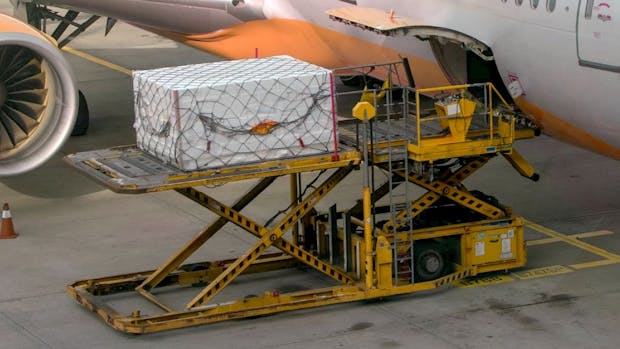Australia Regulatory Alert: Reintroduction of Increased Air Cargo Security Measures

In response to ongoing security threats, Australia’s Department of Home Affairs (DoHA) has issued a new Special Security Direction (SSD) for air cargo operations, as communicated by the International Freight and Cargo Brokers Association Australia (IFCBAA) following the recent Air Cargo Security Industry Advisory Forum (ACSIAF) meeting on 18 October 2024. DoHA announced it intends to revoke the previous SSD directive issued on 11 October 2024, due to the heightened global security threats.
Key points of the new Special Security Direction are expected as follows:
- All inbound air cargo consignments from 55 territories (particularly those from Europe, the Commonwealth of Independent States (CIS), and Central Asia) must meet Established Business Relationship (EBR) criteria if destined for Australia on passenger aircraft (PAX).
- Consignments weighing over 500 grams and sent by unknown senders cannot be transported on passenger planes and may only be uplifted on cargo aircraft (CAO) only, subject to additional security checks and inspections.
- There is no change to the list of 55 territories covered by the SSD.
- Cargo originating from territories not listed in the SSD, as well as all domestic cargo within Australia, will remain unaffected by these new regulations and will continue to follow standard air cargo security requirements.
- The details of the new SSD will be communicated in due course.
The tightening of air cargo security measures follows a series of security incidents, including the discovery of incendiary devices within European parcel networks, which have raised alarms among global authorities. These recent changes align Australia’s regulations with those implemented by both the US and Canada, reflecting a coordinated effort among nations to enhance air cargo security.
Transportation Security Administration (TSA) in the United States recently implemented new emergency measures for the Air Cargo Advance Screening (ACAS) programme, which requires more detailed information from shippers and consignees. In Canada, Transport Canada has also rolled out measures requiring that cargo from these regions be tendered only by shippers maintaining an EBR with freight forwarders or air carriers.
Given the rapid evolvement and gravity of these developments, FIATA Members are encouraged to check for latest updates and engage with their airline partners for further details and to understand how these regulations may impact their air cargo operations bound for Australia.
Stay tuned on FIATA's communication channels to keep up-to-date with regulatory changes and ensure your operations are compliant and efficient!